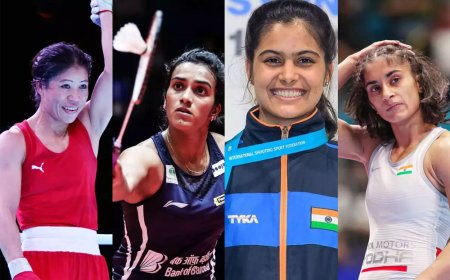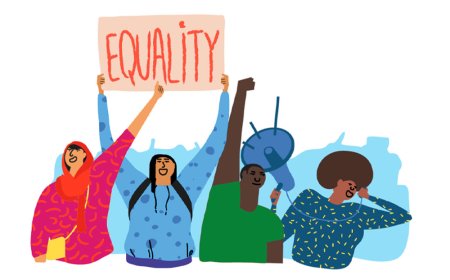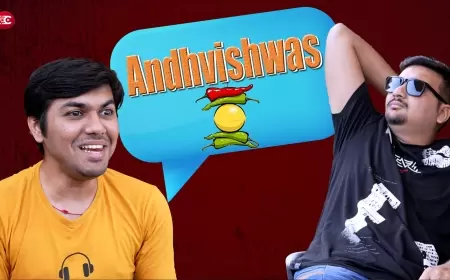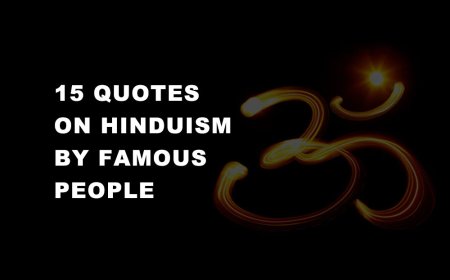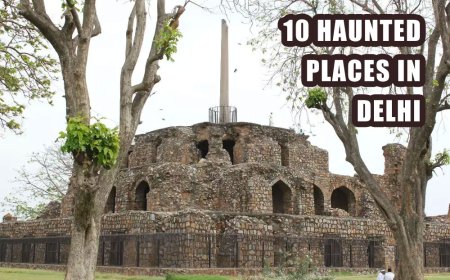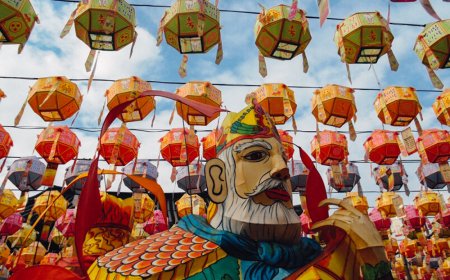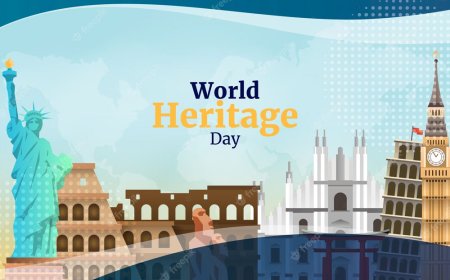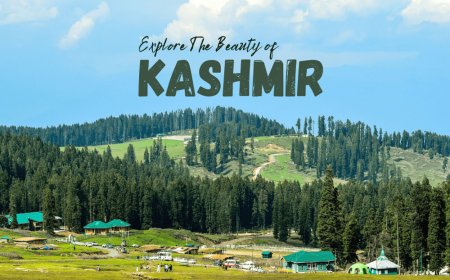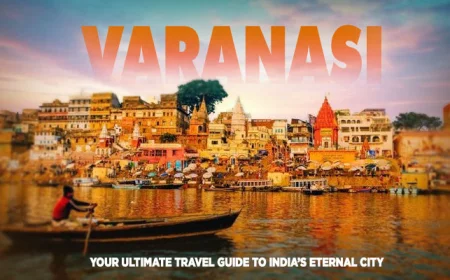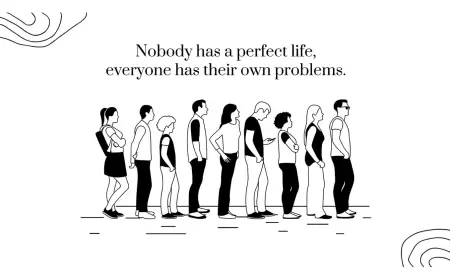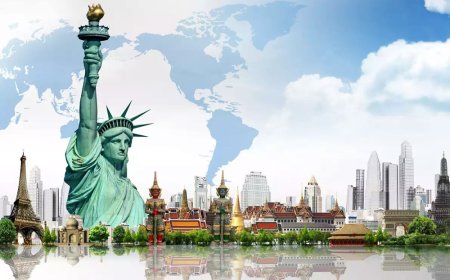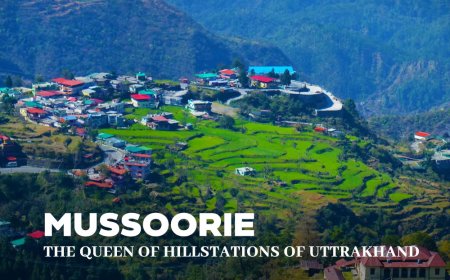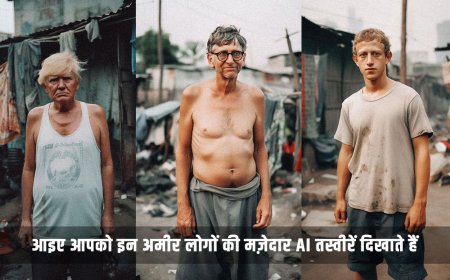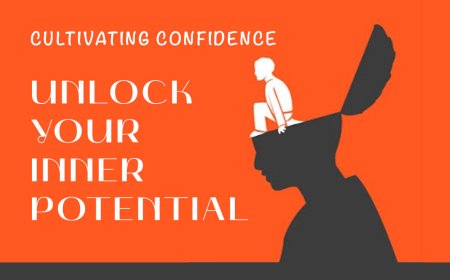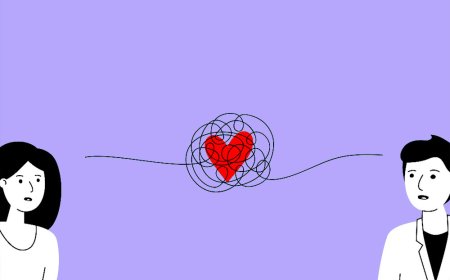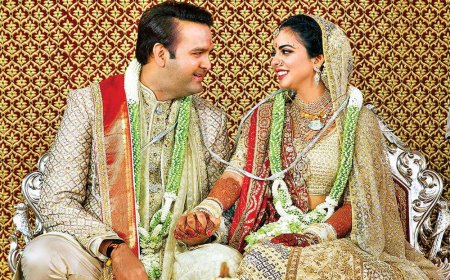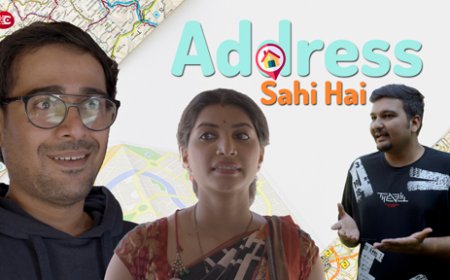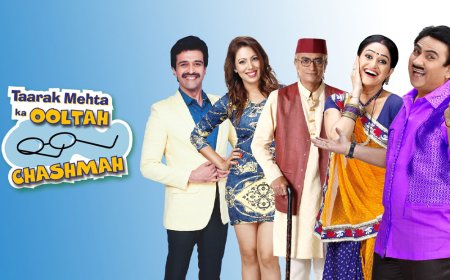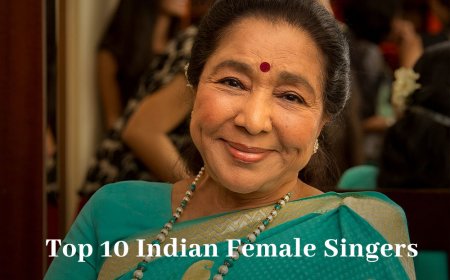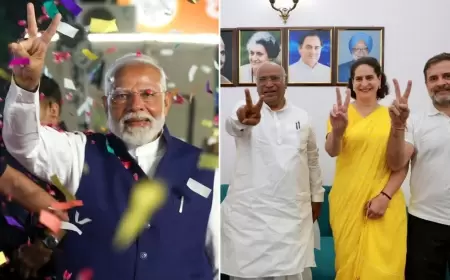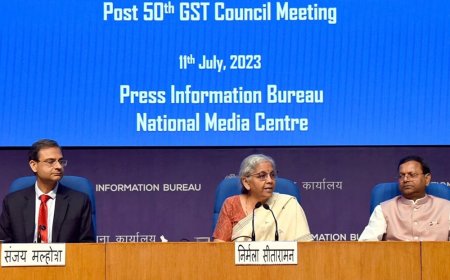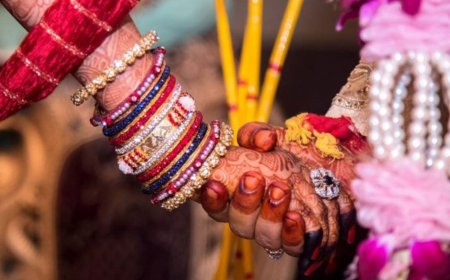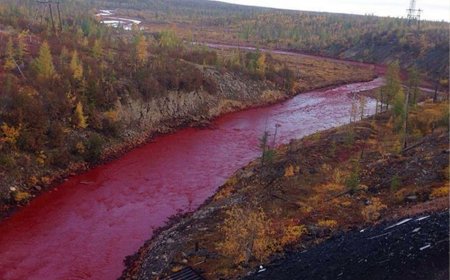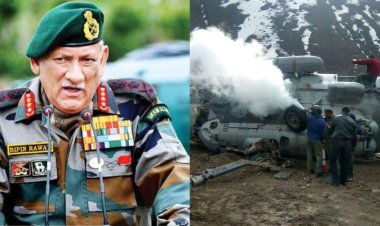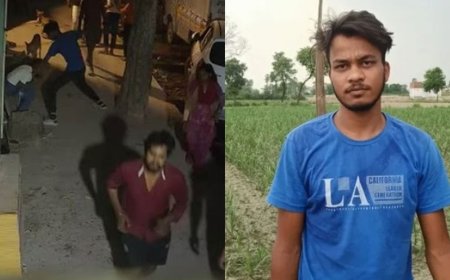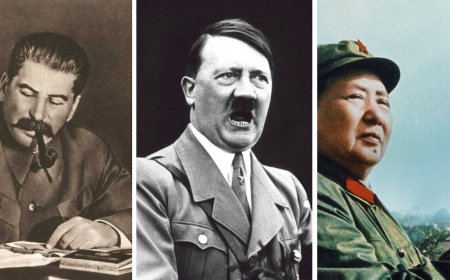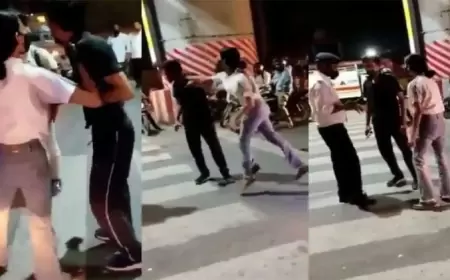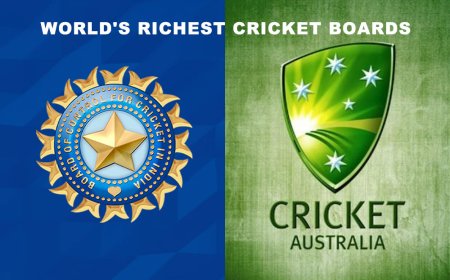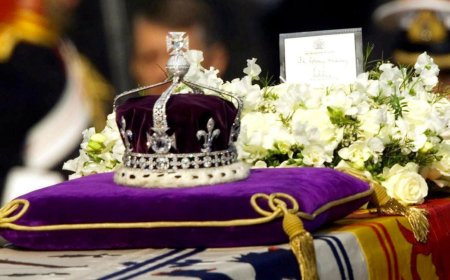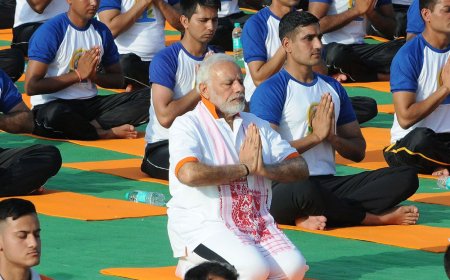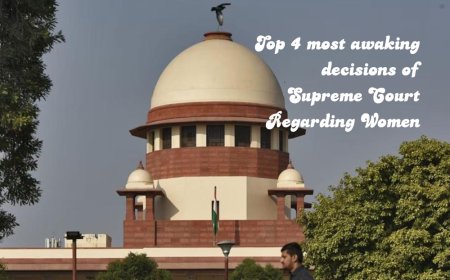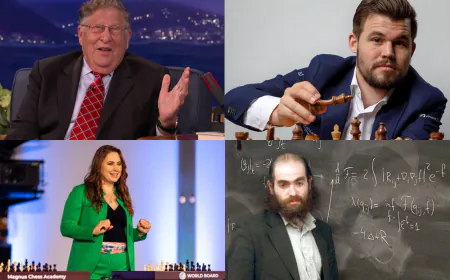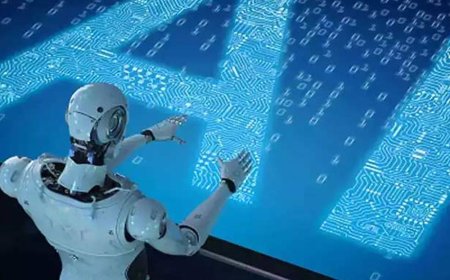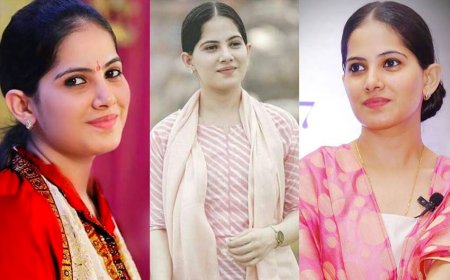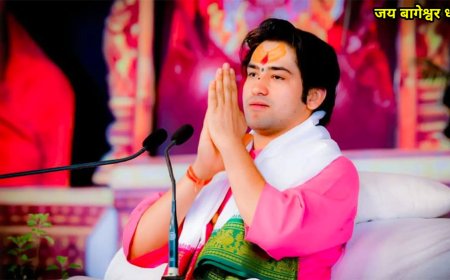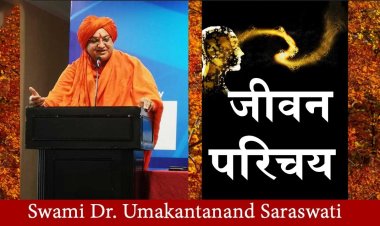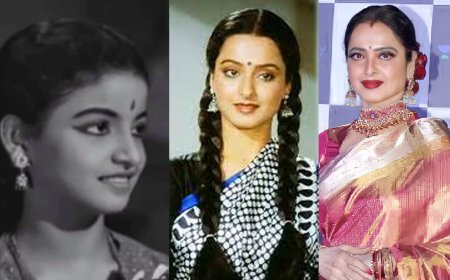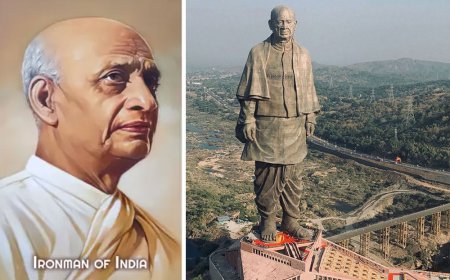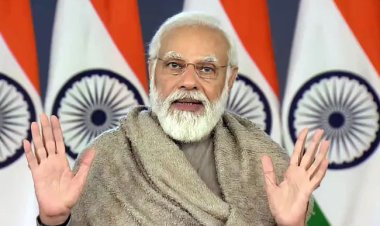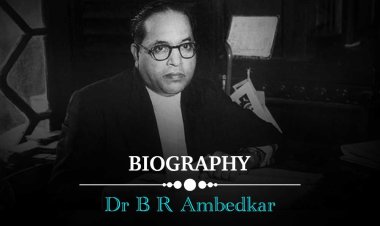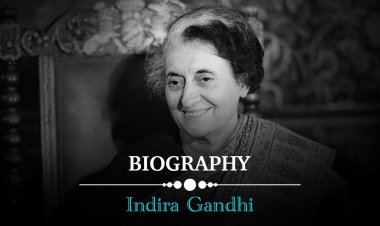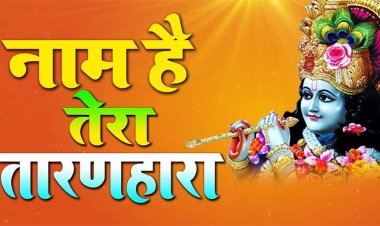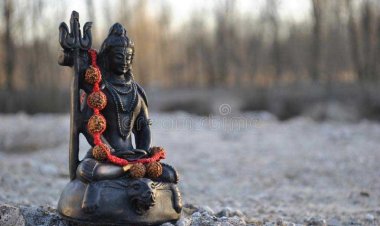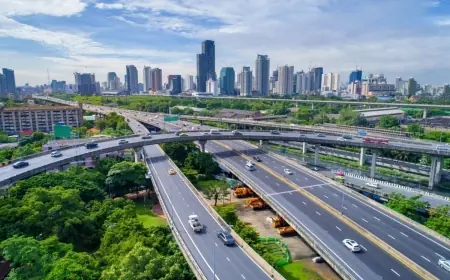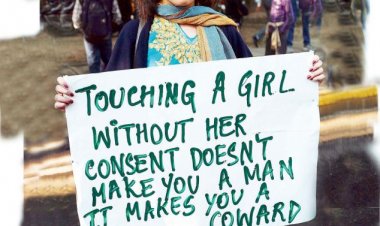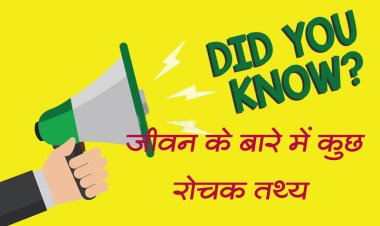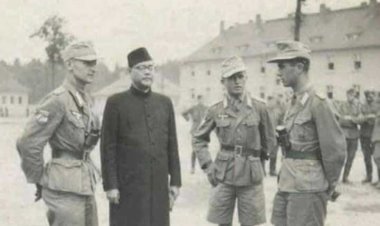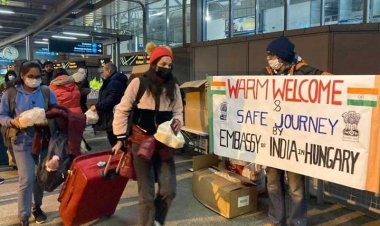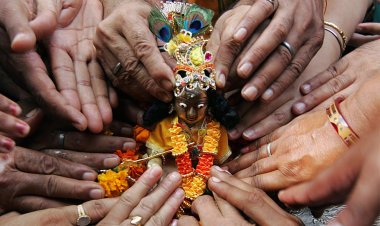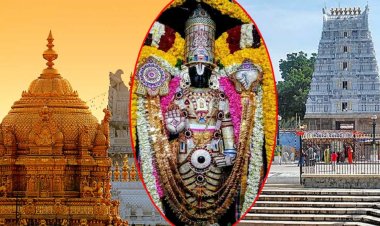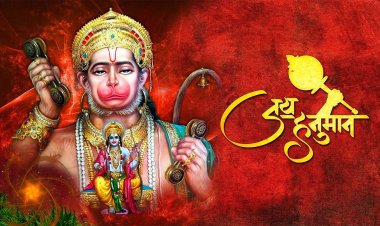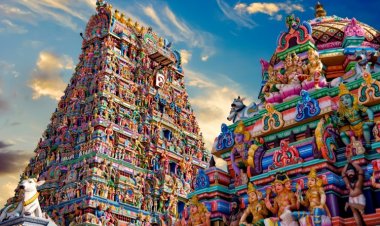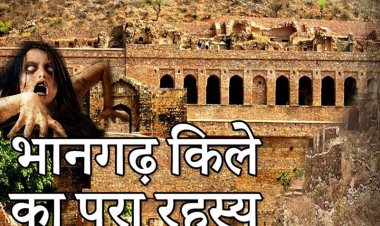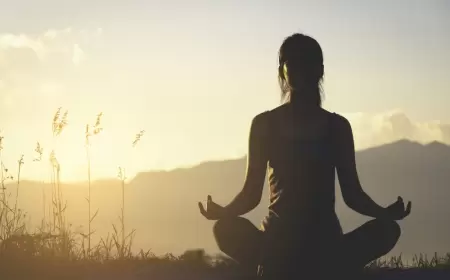1. Dr. B.R. Ambedkar

Indian lawyer, economist, social reformer, and politician Sir Bhim Rao Ramji Ambedkar served as the head of the committee that created India's constitution from the deliberations in the constituent parliament. In Jawaharlal Nehru's first cabinet, he also served as the minister of law and justice. After he renounced his Hinduism, he became an inspiration for the dalit buddhist movement. The highest civilian award in India, the Bharat Ratna, was posthumously given to Ambedkar in 1990. His admirers salute him with the phrase "jai bhim." He also goes by the name "Babasaheb". When speaking about the great leaders of India, his is a name that stands out.

Avul Pakir Jainulabdeen Abdul Kalam, an aeronautical scientist, and statesman, served as India's 11th president from 2002 until 2007. He was raised in Rameswaram, Tamil Nadu, and pursued studies in physics and aeronautical engineering. For the next four decades, he worked largely at the Defence Research and Development Organization (DRDO) and the Indian Space Research Organization (ISRO) as a scientist and scientific administrator. He played a significant role in both India's civilian space program and its efforts to produce military weapons. His contributions to the development of ballistic missile and launch vehicle technologies led him to the nick-name "Missile Man of India." Additionally, he had a crucial organizational, technical, and political role in India's first nuclear test since 1957, Pokhran-II, which took place in 1998.

Chakravarti Rajagopalachari was an Indian independence advocate, statesman, author, and lawyer. The last governor-general of India before it became a republic in 1950 was Rajagopalachari. Additionally, he was the first Indian-born governor-general; all before officials held British citizenship. In addition to becoming the president of the Indian National Congress, he served as the premier of the Madras Presidency, the governor of West Bengal, the minister of home affairs for the Indian Union, and the chief minister of the state of Madras. Rajagopalachari was among the first people to be awarded the Bharat Ratna, the highest civilian honor in India. The Swatantra Party was also started by him. In addition to vehemently opposing the use of nuclear weapons, he was a staunch advocate of international peace and disarmament.

Vallabhbhai Jhaverbhai Patel, commonly known as Sardar, was an Indian lawyer, important political figure, and politician who served from 1947 to 1950 as the nation's first Home Minister and Deputy Prime Minister. Sometimes some refer to him as "Unifying India." The Statue of Unity, the tallest statue in the world, was erected by the Indian government at a cost of USD 420 million and dedicated to him on October 31, 2018. It stands around 182 meters (597 feet) tall. He was a well-known lawyer and leader of the Indian National Congress who supervised the unification of the nation into a single, independent state.

Mother Teresa was an Albanian-Indian Roman Catholic nun who founded the Missionaries of Charity in 1950. She is also known as Saint Teresa of Calcutta and is regarded as one of India's greatest leaders. She was really born Anjez Gonxhe Bojaxhiu in the North Macedonian city of Üsküb (now Skopje), despite the fact that Mary Teresa Bojaxhiu is listed as her name on her passport. After eighteen years in Skopje, where she lived most of her life, she immigrated to Ireland and then to India.

Atal Bihari Vajpayee, the 10th prime minister of India, served three periods in office: for 13 days in 1996, for 13 months in 1998 and 1999, and then for a full term from 1999 to 2004. Vajpayee is a well-known individual and one of the co-founders of the Bharat Janata Party (BJP). He belongs to the Rashtriya Swayamsevak Sangh, a volunteer organization with nationalist ideals toward Hinduism. He was the first non-member of the Indian National Congress to serve as prime minister of India for the entire term. He was also a renowned poet and writer.
7. Baba Amte

Murlidhar Devidas Amte, an Indian social worker and activist best known by his stage name Baba Amte, is well-recognized for his work empowering and rehabilitating leprosy victims. He has received several honors and recognitions, including the Dr. Ambedkar International Award, the Padma Vibhushan, the Templeton Prize, the Ramon Magsaysay Award, and the Jamnalal Bajaj Award. He is usually mentioned as India's modern-day Gandhi and is remembered as one of India's greatest leaders.
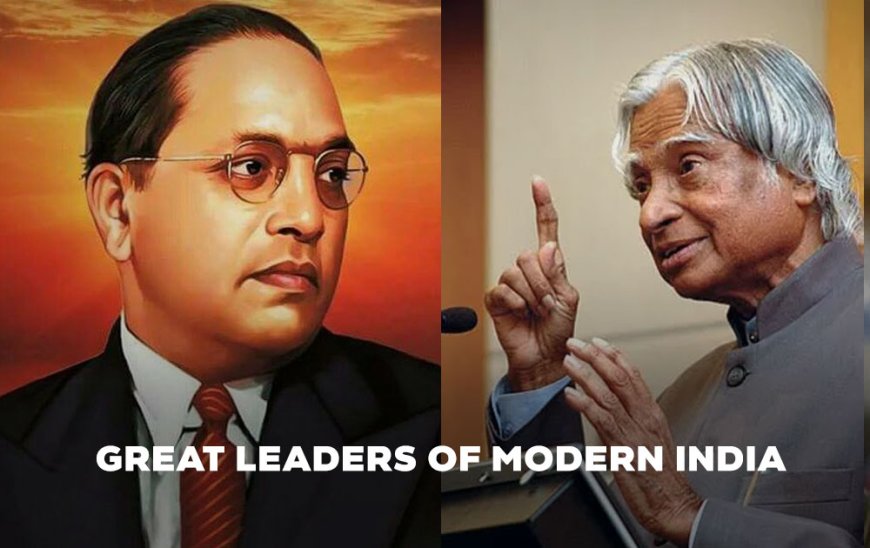
 Like
0
Like
0
 Dislike
0
Dislike
0
 Love
0
Love
0
 Funny
0
Funny
0
 Angry
0
Angry
0
 Sad
0
Sad
0
 Wow
0
Wow
0










